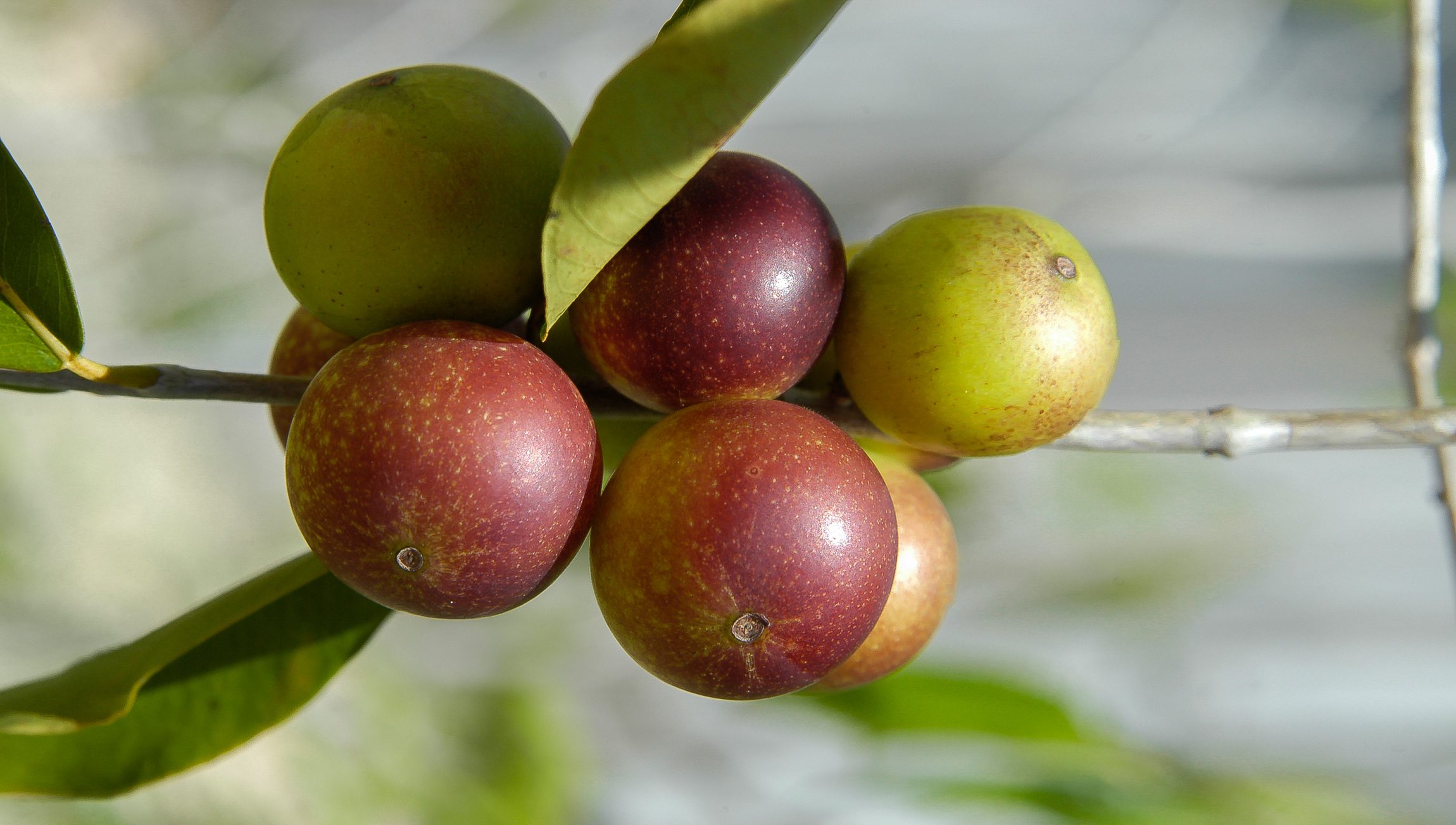7 Evidence-Based Health Benefits of Camu Camu
They are considered a superfood by many, and here are 7 health benefits of camu that are backed by scientific studies.
;Resize,width=742;)
Camu camu (Myrciaria dubia) is a sour berry that is native to the Amazon rainforest, and is said to have many health benefits.
Fresh camu berries taste quite tart, but they are mostly found in supplement form as pills, powders, or a juice. They are considered a superfood by many, and here are 7 health benefits of camu that are backed by scientific studies.
1. Rich in Vitamin C

Vitamin C is important for many of your body’s functions, such as strengthening your immune system, and helping to form collagen – a protein that is important for your bones, skin, and muscles.
This vitamin is also a powerful antioxidant, protecting the body form harmful free radicals. When these free radicals outnumber the antioxidants in your body, it causes a condition called oxidative stress, which has been linked to diabetes, heart disease and cancer.
Camu camu contains around 3 grams of vitamin C per 100 grams of fruit, but it’s rarely eaten fresh because of its strong taste. It’s typically sold in powder form, and the powder has more vitamin C per gram than the fresh berries – typically 750% of the RDI of vitamin C per 5 grams.
2. Full of Antioxidants

Camu Camu contains other antioxidants, including anthocyanins and ellagic acid that help protect your body from damage by free radicals. Smokers may find camu camu beneficial, as smoking creates many free radicals, which leads to oxidative stress.
A one-week study of male smokers showed that those who drank 70 ml of camu camu juice containing 1050 mg of vitamin C daily had significantly lower oxidative stress and inflammatory markers.
The placebo group in the same test received a vitamin C tablet, and there were no changes in their inflammatory markers, which indicates that the other antioxidants in camu camu berries are more powerful than vitamin C alone.
3. Could Fight Inflammation

Chronic inflammation affects cell health, and is linked with conditions such as cancer, heart disease and autoimmune disease.
The ellagic acid in camu camu fruit pulp is an antioxidant that inhibits the inflammation-triggering enzyme aldose reductase. The study of male smokers mentioned above showed that those who drank 70 ml of camu camu juice for a week had significantly decreased inflammatory markers.
The seeds of the camu camu fruit also contain anti-inflammatory compounds, and a rodent study using the extract of camu camu seeds found that it helped to suppress inflammation.
4. May Help with Weight Loss

Animal studies indicate that camu camu could reduce body weight by increasing the number of calories burned, as well as positively altering gut bacteria.
5. Helps to Stabilize Blood Sugar Levels

A study of 23 healthy people showed that camu camu may help to reduce the spike in blood sugar after eating a meal high in carbs.
6. Antimicrobial Properties

A test-tube study showed that the peel and seeds of camu camu reduced bacterial growth of potentially harmful bacteria Escherichia coli and Streptococcus mutans.
7. May Lower Blood Pressure

Both test-tube and human studies have shown that camu camu may help reduce blood pressure by helping the blood vessels to dilate.
Possible Side Effects
The side effects that may occur with camu camu are due to the high vitamin C content. Just one teaspoon of camu camu powder can provide 682 mg of vitamin C, which is 760% of the RDI.
The upper limit for vitamin C consumption is 2,000 mg per day, and amounts lower than this are considered safe for most people.
Excessive consumption of vitamin C can cause nausea and diarrhea, but these symptoms usually resolve once vitamin C intake is reduced.
;Resize,width=767;)
;Resize,width=712;)
;Resize,width=712;)
;Resize,width=712;)
